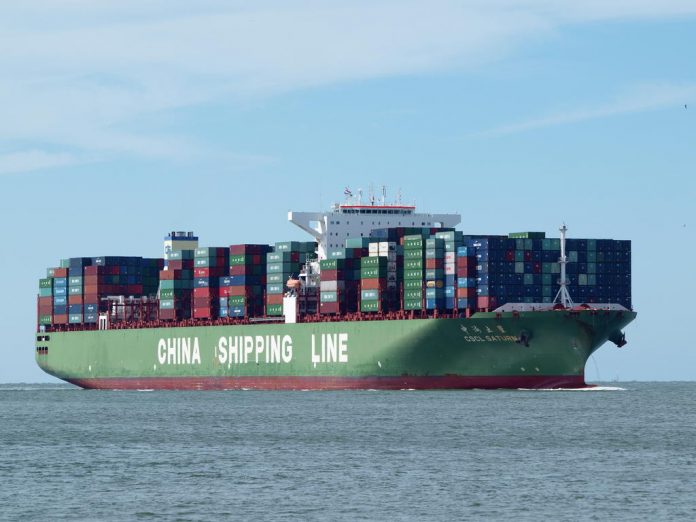According to Sea Intelligence, the IMO2020 regulations require the use of fuel oils containing less than 0.5% sulphur, such as Very Low Sulphur Fuel Oil (VLSFO), or alternative compliance methods like exhaust gas cleaning systems, known as scrubbers.
Scrubbers enable shipping lines to utilize higher-sulphur fuel oils (IFO380), which are cheaper. With a growing number of scrubber installations, there’s a rising proportion of vessels capable of leveraging cost savings by opting for cheaper regular fuel over pricier low-sulphur VLSFO. Currently, the price premium on VLSFO stands at US$166/ton.

Furthermore, using a model to estimate global fuel consumption across the sector, shipping lines have collectively saved US$13 billion through scrubber use since IMO2020 implementation.
This development highlights the shipping industry’s responsiveness to regulatory initiatives that incur costs. However, it underscores that monetary motivation may not always align with the intended outcomes of regulations. Rather than transitioning to low-sulphur fuel, the more cost-effective approach involves using regular fuel alongside scrubbers—a compliant solution that minimizes costs.
“It then raises the question related to regulations targeted towards CO2 emission reductions. Financially motivated regulations are indeed coming into effect, such as the EU’s ETS carbon taxation on shipping. What remains to be seen is to which degree the industry will find other ways to abide by the regulation in letter, but not necessarily in spirit,” stated Alan Murphy, CEO of Sea-Intelligence.







